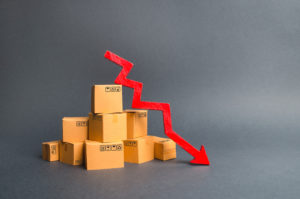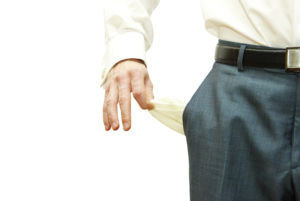Top 10 Most Expensive Pieces of Art Sold in 2016

No. 10 – Kerry James Marshall- Plunge (1992) – $2.1 million
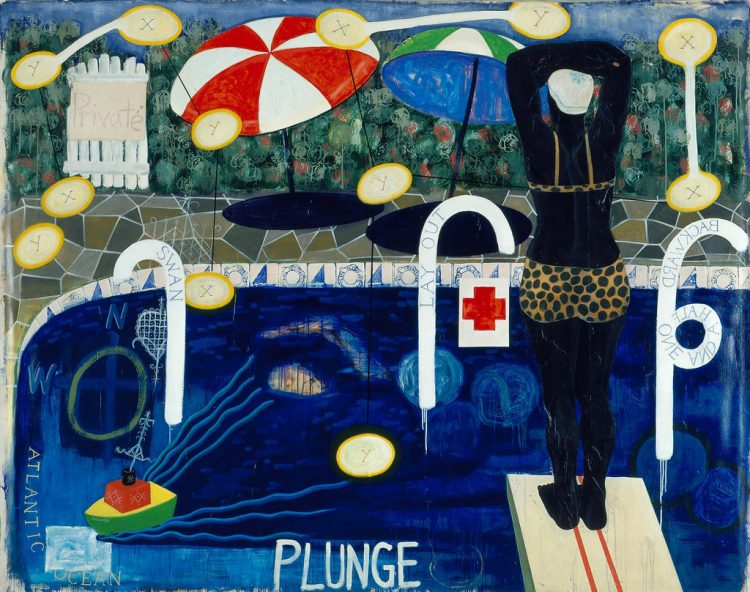
Plunge by Kerry James Marshall kicks off the list. This acrylic and paper collage on canvas is symbolic of the slave trade era. It garnered just north of $2 million at Christie’s.
No. 9 – Frida Kahlo – Two Nudes In A Forest (1939) – $8 million
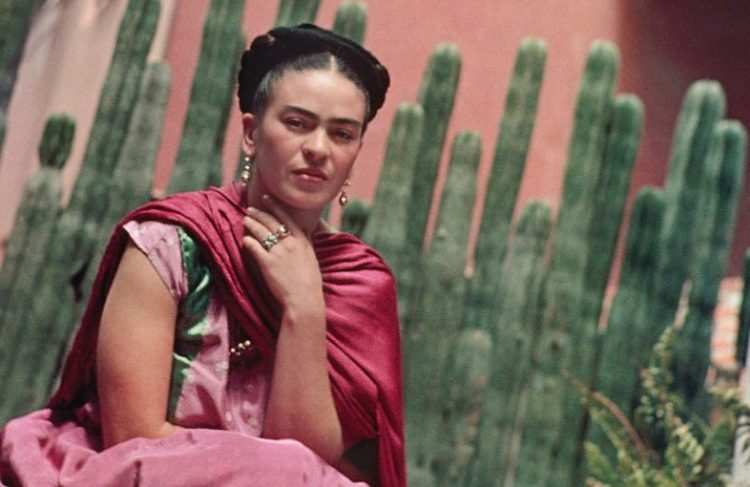
This piece has seen a huge increase in value over the past two decades as twentieth century female artists have grown in popularity. While it once sold for $150,000 in 1989, this painting just fetched $8 million in 2016.
No. 8 – Richard Prince – Runaway Nurse (2006) – $9.7 million

This painting sold for just $6.8 million five years ago, but it has increased in value by nearly $3 million over that time period. Purchased for $9.7 million in 2016 by Yusaku Maezawa, this contemporary piece from 2006 is part of Richard Prince’s “Nurse” series and has earned a lot of attention from both those in and outside of the art world.
No. 7 – Sam Francis – Summer #1 (1957) – $10.4 million
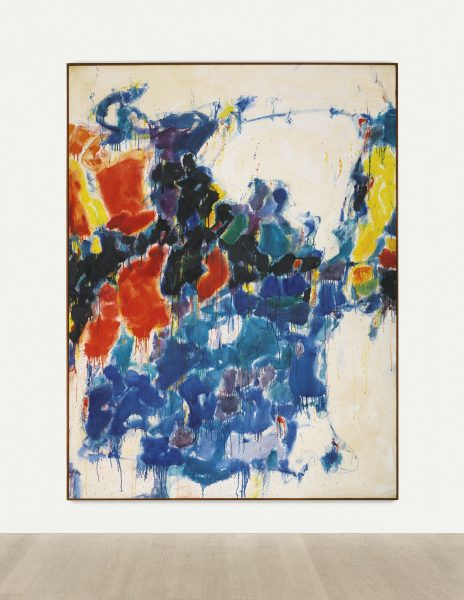
Sam Francis has seen several of his pieces increase in value in the last few years, including this postwar/contemporary piece from 1957.
No. 6 – Agnes Martin – Orange Grove (1965) – $10.7 million
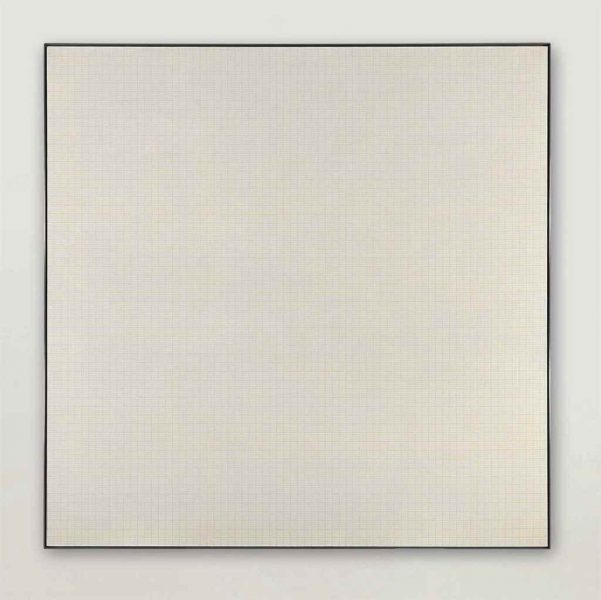
Perhaps the buyer of this painting loves oranges. It was expected to garner about $6-$8 million at auction but ended up fetching close to $11 million.
No. 5 – Claude Monet – Le bassin aux nympheas (1919) – $27 million

While most of Monet’s pieces are actually housed in museums, this one went on the block this year and fetched $27 million at auction.
No. 4 – Mark Rothko – No. 17 (1957) – $32.6 million

Coming in at number four is this symbolic postwar piece by Mark Rothko, which sold for more than $32 million at Christie’s earlier this year.
No. 3 – Jean-Michel Basquiat – Untitled (1982) – $57.2 million

This contemporary piece from 1982 is one of the top attractions in the neo- expressionist art genre, and it continues to increase in value. Twelve years ago it sold for just $4.5 million. But just like Runaway Nurse, it was purchased by Yusaku Maezawa for more than $57 million.
No. 2 – Peter Paul Rubens – Lot and His Daughters (1613-14) – $58 million

This is the second most expensive Rubens painting ever, trailing only his “Master of the Innocents.” This is an extremely old painting as well as extremely valuable.
No. 1 – Pablo Picasso – Femme Assise (1909) – $63.4 million

Picasso is not for everyone, but there’s no doubt his paintings have fetched some of the highest amounts of money in the world, including in 2016, which saw his Femme Assise sale for just over $63 million. Much of the value comes from this painting being credited with introducing a new form of art. And of course, it’s a Picasso.
You also might like the article Art as an Investment
Follow GROCO on Facebook
Which Tax Extensions Will Affect Your 2014 Return?
Are You Ready for Your 2014 Taxes? Although many people might answer yes to that question, the fact is taxpayers can only do so much as long as Congress is dragging its feet on several expired tax extenders. The fact that these extenders are still sitting in limbo is nothing new. It happens almost every…
So-Called Temporary Recession Tax Not So Temporary
Remember the great recession of 2009? Although the recession may now be a thing of the past, some so-called “temporary” taxes are having a harder time fading into the background. That’s because many states throughout the country are still collecting on tax bills that were enacted solely for the purpose of refilling public reserves. Fourteen…
Congress Not Looking to Pass Internet Sales Tax Anytime Soon
Ever since the Internet became a worldwide sensation, there have been those who think it should be taxed, especially Internet sales from state to state. Taxing the Internet would be a huge source of extra revenue for the government, but for those who use the Internet to shop (which is just about everyone these days),…
NBA Stars Losing Hefty Amounts of Their Salary to the Taxman
Just about everyone knows that professional athletes make a ton of money. Whether you agree with athlete salaries or not, the fact is those hefty numbers you always see reported when an athlete signs a new deal aren’t really all that they’re cut out to be. Oh sure, they are making a lot of money,…


